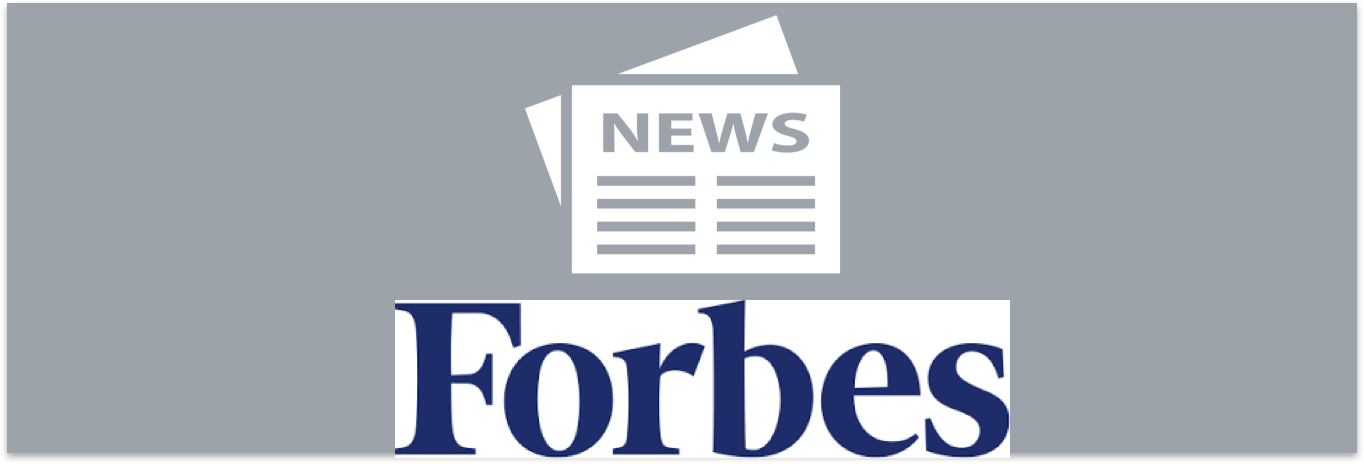

The Intelligence of Education Elements
As K–12 blended learning has grown, efforts have popped up across the country to create breakthrough proof points that stretch our collective understanding of what is possible for students.
This is important work, but the system needs more than one-off proof points. The field also likely needs to take the simpler, seemingly more straightforward innovations and create opportunities for them to scale to pave the way for high quality personalized learning options for all students.
As Heather Staker and I have written, the models of blended learning most likely to scale into the core academic subjects at all levels of schooling in the near term are sustaining innovations, in which online learning is essentially an augmentation to the traditional classroom, but there is still a fundamental shift in the learning model from the student’s perspective.
One reason this is not a bad thing is that the performance of a disruptive innovation is often unreliable with significant variability in its infancy. In our observations, this rule has held true with the disruptive models of blended learning. As a result, although scaling Station Rotation and Flipped Classroom models might not be the most exciting thing in the world—nor might it create models in which students have the maximum amount of personalization in and agency and ownership over their learning—in the next several years, the scaling of these models is both an important step forward and likely to be where the action is in mainstream subjects.
Aricle originally appeared on Forbes. Read the full article
About Michael B. Horn - Guest Author
Michael Horn speaks and writes about the future of education and works with a portfolio of education organizations to improve the life of each and every student. He serves as the Chief Innovation Officer for Entangled Studios and as a principal consultant for Entangled Solutions, which offers innovation services to higher education institutions. He is also the co-founder of and a distinguished fellow at the Clayton Christensen Institute for Disruptive Innovation, a non-profit think tank. Horn is the author and coauthor of multiple books, white papers, and articles on education, including the award-winning book Disrupting Class: How Disruptive Innovation Will Change the Way the World Learns and the Amazon-bestseller Blended: Using Disruptive Innovation to Improve Schools. An expert on disruptive innovation, online learning, blended learning, competency-based learning, and how to transform the education system into a student-centered one, he serves on the board and advisory boards of a range of education organizations, including Education Elements, the Clayton Christensen Institute, the Robin Hood Learning+Tech Fund, and the LearnLaunch Institute. He also serves as an executive editor at Education Next and is a venture partner at NextGen Venture Partners. Horn was selected as a 2014 Eisenhower Fellow to study innovation in education in Vietnam and Korea, and Tech&Learning magazine named him to its list of the 100 most important people in the creation and advancement of the use of technology in education. Horn holds a BA in history from Yale University and an MBA from the Harvard Business School.
